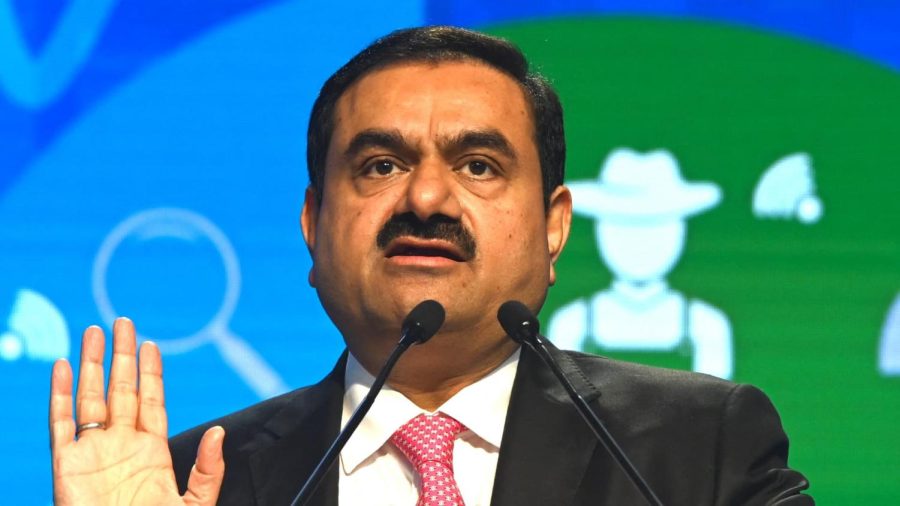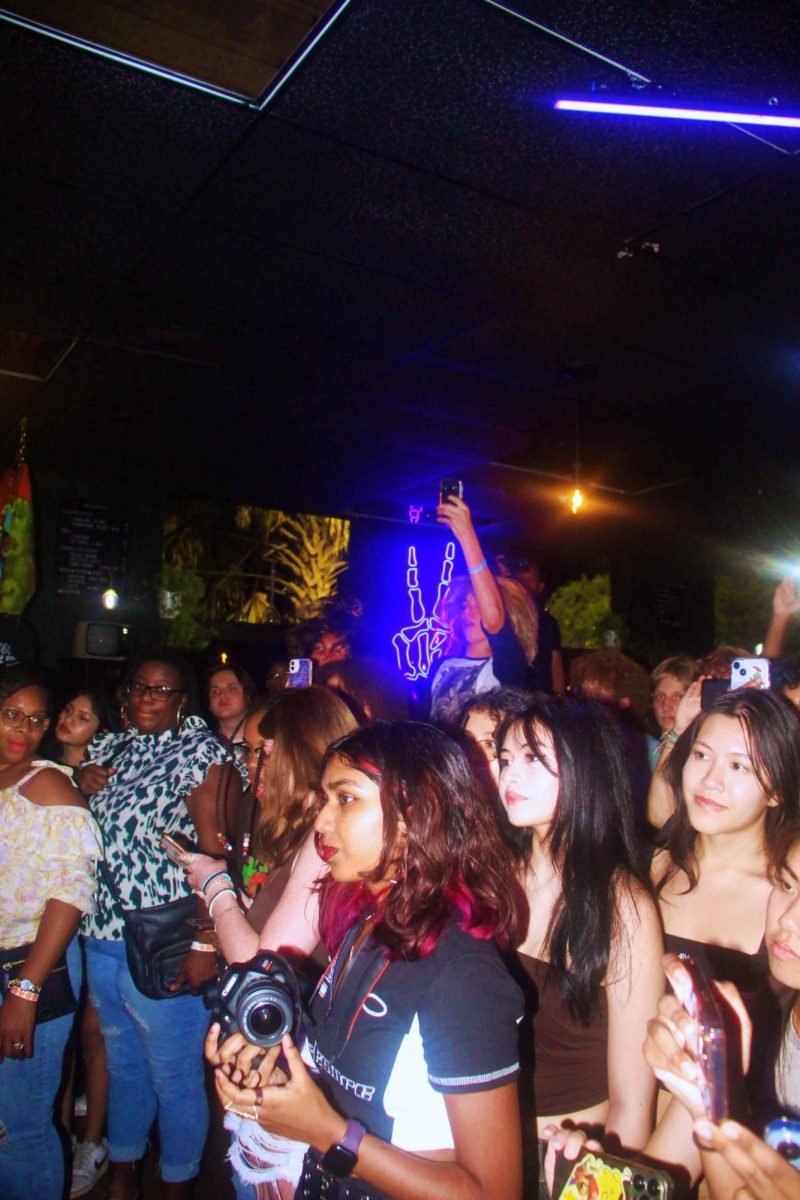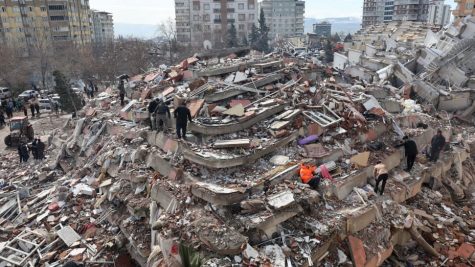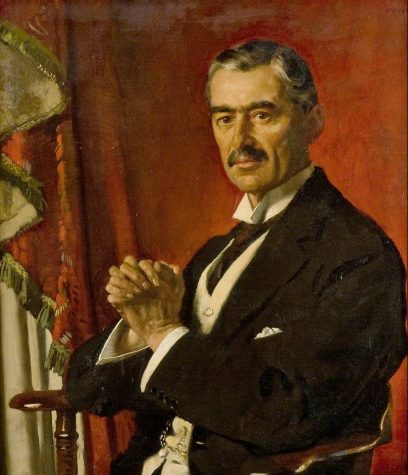The Implications of a World Cup in Qatar

Fans at the World Cup sport rainbow pride flags, which have been the source of controversy in Qatar. Credit: https://www.towleroad.com/2021/06/munich-stadium-german-soccer-hungary-uefa/
The FIFA World Cup. Being one of the most popular sporting events in the world, the World Cup provides fans an opportunity to show their love and support for their country and the sport. Every four years, a new country is selected to host the international competition; this time, Qatar will be the first Middle Eastern country to host the World Cup, and will no doubt receive a massive influx of fans from all around the world.
Most countries greatly benefit from hosting such a great event; tourism, transportation, entertainment, and many other industries can gain from the incursion of fans looking to enjoy their time. However, in this small peninsula with a population of only 2 million, and almost no prior history with the sport, properly receiving hundreds of thousands of people will likely involve complications.
Other issues range from executives with a past of corruption and fraudulence to current problems regarding culture, labor, and even weather.
Starting with the most logical and direct problem; Qatar has scorching hot summers, with temperatures reaching over 100ºF (~40ºC), therefore the event which is usually played during June and July has had to be moved to colder months.

The construction of multiple multi-million dollar soccer stadiums required countless hours of labor under adverse weather conditions, and due to its small population, Qatar relied heavily on underpaid immigrant laborers from nearby countries like Pakistan, India, Sri Lanka, and Bangladesh, which ultimately made up 98% of the workforce responsible for building World Cup stadiums. Additionally, due to the climate and time constraints, multiple workers suffered injuries and went missing during their jobs, later to be found dead. More than 6500 migrant workers reportedly died in Qatar since it was announced the country would host the World Cup– 10 years ago (The Guardian).
Apart from regulation difficulties, cultural clashes were another occurrence that troubled communities that never had much exposure to Middle Eastern societies. Countries perceived the religious influence in the jurisdiction, such as Sharia law, as regressive from a global perspective, especially concerning LGBTQ rights. Many players and fans protested for this cause but were not met with change. Qatar’s energy minister, Saad Sherida Al-Kaabi, says the country will not reject LGBTQ visitors, but that advocating a change in the nation’s fundamental laws – simply to appease Western ideals- is not acceptable. Fortunately, there have been no major altercations due to this issue, and the government is still not opposed to passive protests, as long as they don’t disrespect the country’s principles.
Your donation will support the student journalists of Eastside High School. Your contribution will allow us to purchase equipment and cover our annual website hosting costs.

G is currently a junior at Eastside who likes to write about international affairs as well as the Alachua County community. In his free time, he likes...
































